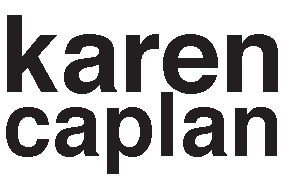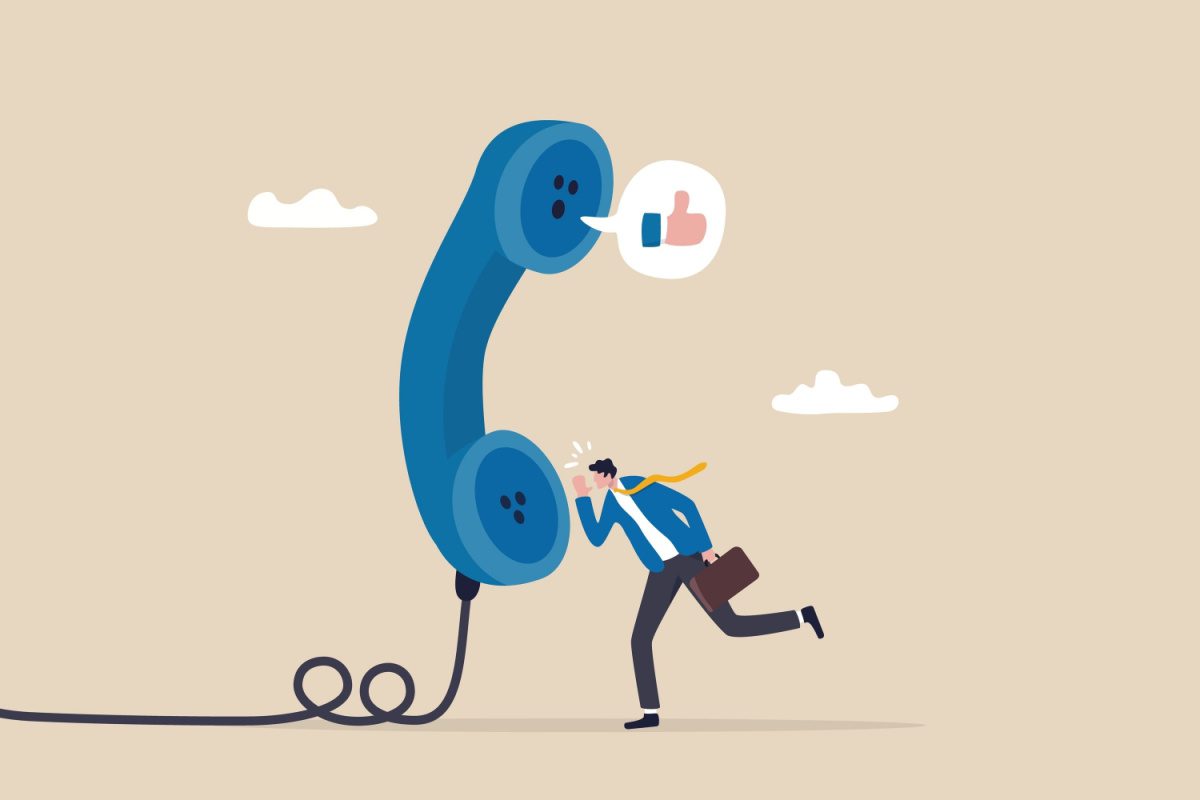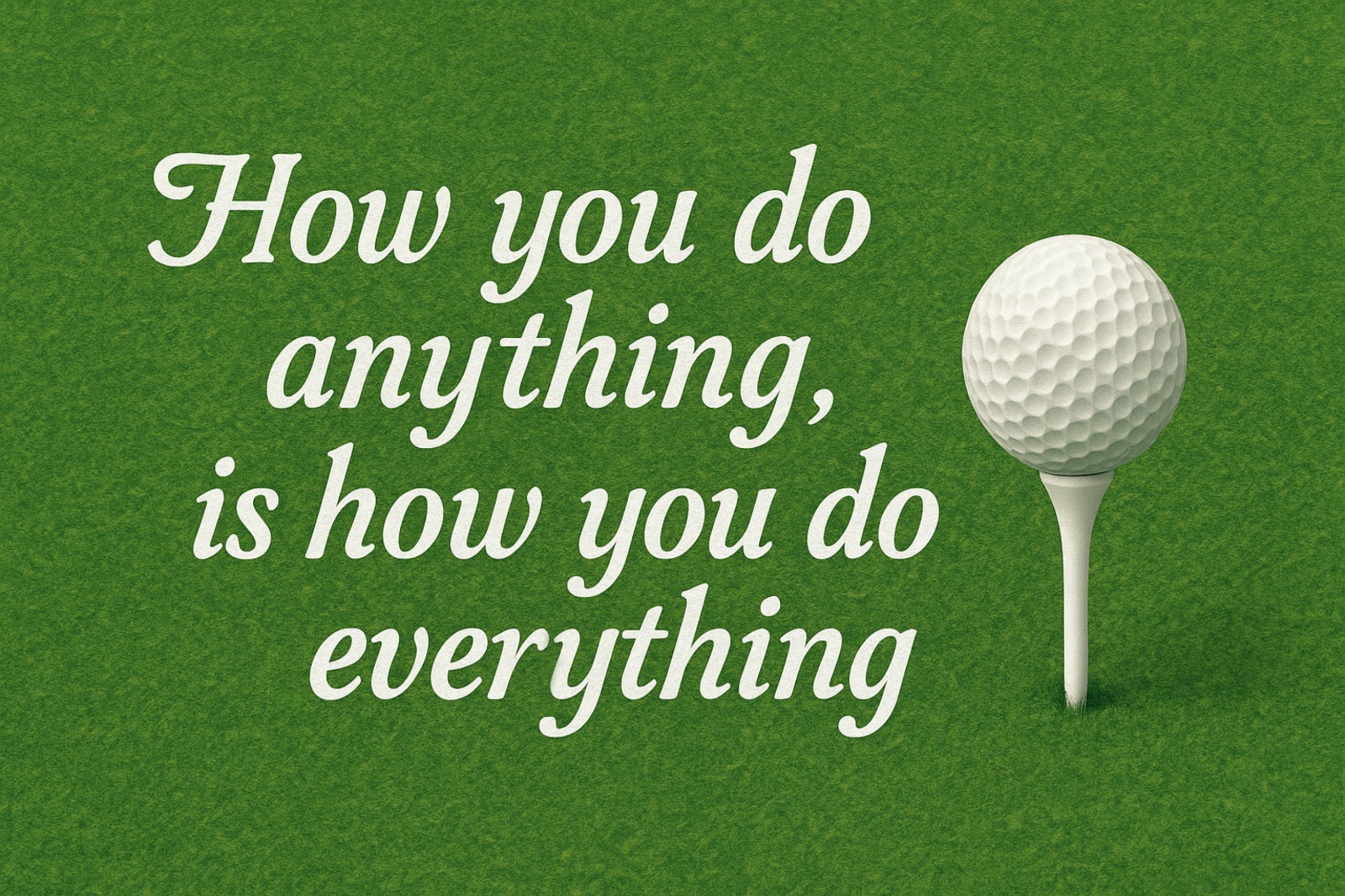“How are you doing today?”
This seemingly simple phrase turned out to be an attention-grabber today.
As you know, I read (listen to) a lot of books—more than most. In fact, earlier this week, I finished book #82 for 2022 entitled “The Ultimate Sales Machine.” It’s an old book, published 15 years ago by Chet Holmes. He has an impressive resume, including earning his way to top salesperson for Charlie Munger in one of his many businesses. (Charlie Munger is the vice chair of the multinational conglomerate holding company Berkshire Hathaway. And, in fact, it was Charlie who suggested that CEO Warren Buffet change his investment strategy to “buy great companies and hold them forever.”)
I decided to read “The Ultimate Sales Machine,” as it was highly recommended in a newsletter I get. I have become a voracious reader and lifelong learner because, as the old saying goes, you should spend more time sharpening your ax than you do chopping down a tree. (I call it “sharpening my ax 101.”)
In Chet’s book, he talks about the qualities of the best salespeople—and the worst salespeople. He emphasizes what it’s like from the buyers’/decision-makers’ point of view. Can you imagine if you were a decision-maker and spent a lot of your time each week listening to salespeople? Salespeople giving endless PowerPoint presentations where all they do is talk about themselves and their company? I cannot even imagine.
One of the phrases Holmes cautions against is “How are you doing today?” as a conversation starter. In the book, I listened to example after example of role-playing and what this phrase must sound like from the buyers’ point of view—it’s a throw-away line that seems to say, “I’m not prepared.” I won’t be using that phrase ever again.
Today I got to experience this gem of a phrase firsthand. Like everyone, I get random phone calls on my mobile phone or at my office. If I don’t recognize the number or area code, I let it go to voice mail. But something made me answer my cell phone this afternoon, as I thought I recognized the area code.
“How are you doing today?” was how this guy started the call. Are you kidding me?, I thought. He may have thought he got me on a bad day, but frankly, this phrase was a tip-off that the person on the other end of the phone was not a trained professional. And I only want to do business with trained professional salespeople.
I’m guessing most of Frieda’s clients feel the same way. They don’t like pitchy salespeople who are insincere, who try fake rapport-building techniques, or who aren’t prepared. There is nothing worse than a salesperson who has not rehearsed ahead of the client presentation.
How about you? Are you the salesperson, or the client? It’s likely that you fill both roles at different times during your day/week/year.
Do you want to be considered a professional salesperson? I’ve always considered the other person’s point-of-view before starting a conversation. Lean into what makes them tick. A professional salesperson studies and researches their client and what drives them. They are not trying to sell something—they want to help their client buy.
You may not think that you are a salesperson. That may not be your official title or role at your company. But everyone is a salesperson some of the time.
What about when you go on a job interview? Ever thought about that one? When you’re applying for a position at a company (or for a promotion), you certainly are the salesperson—you’re selling yourself! Approach that next job interview or performance review that way. Would starting the conversation with a mundane phrase like “How are you today?” get you noticed? Would it make you memorable? Would it prompt the interviewer to want to know more about you? If you make a habit of filling that initial void with small-talk phrases like this, consider a new approach. What new steps would you take and what results might you get?
Think about it.
Karen





